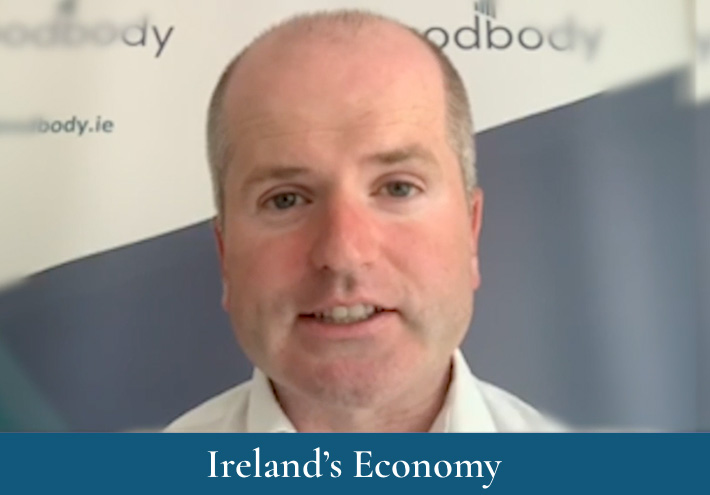Ireland is one of the most open economies in the world with a large and vibrant international business sector and a diverse, well-educated workforce. Given its small size, policymakers have long recognised the country has to embrace openness to in international trade and migration if it is to continue to raise living standards in the country.
This has resulted in an intense focus on attracting foreign direct investment, with these companies then exporting their goods and services to the EU single market and beyond. This strategy was incredibly successful in Ireland’s emergence from the global financial crisis of 2008 and subsequent economic adjustment programme.
In the seven years, from 2013-2020, Ireland was the fastest-growing economy in the euro area, with rapid jobs growth contributing to a substantial fall in the unemployment rate.
The IDA, Ireland’s investment agency, has been very successful at identifying growth industries over the decades and then relentlessly pursuing the most successful businesses in those industries.
Currently this is illustrated by the fact that the top ten pharmaceutical companies in the world have large operations here in Ireland.
And also Ireland has attracted the largest and the most successful technology companies and many of them are having European and Middle Eastern bases here in Ireland.
Ireland has firmly nailed its colours to the mast in the European Union. With levels of support for the EU in Ireland among the highest in the bloc, there is no real question of that the commitment altering anyway foreseeable in the future. However, given its geographical location and it’s open nature of structure, it can also act as an important link between East and West.
In that regard, Ireland will continue to develop its unique relationship with the United States while also embracing enhanced trade links with Asia.
